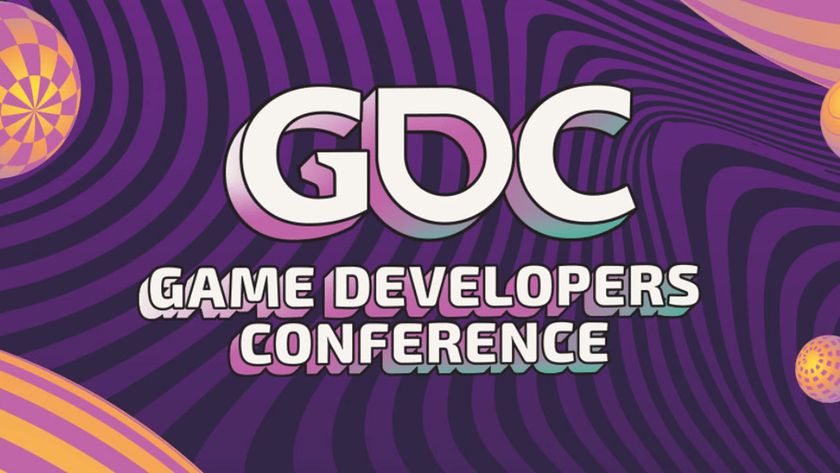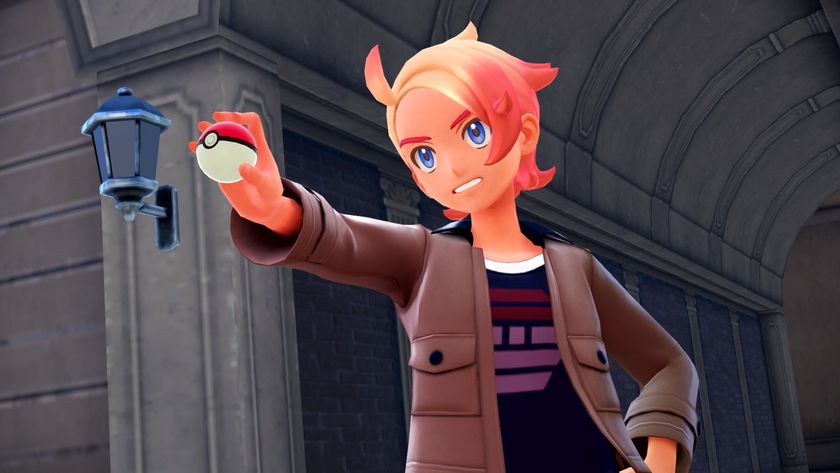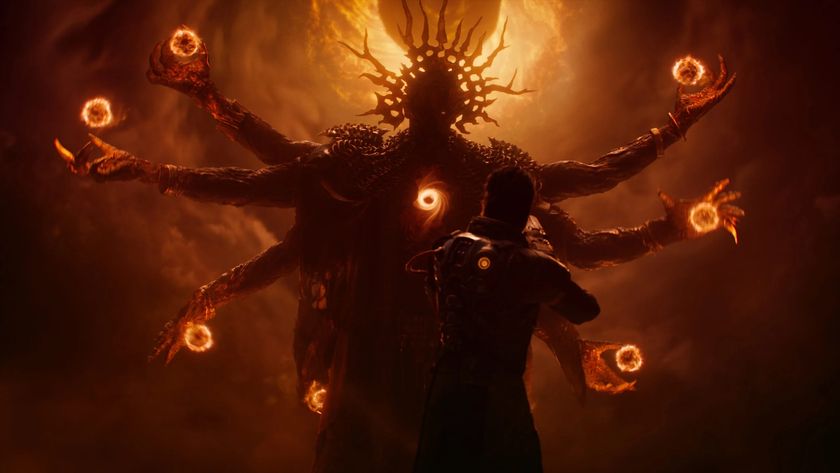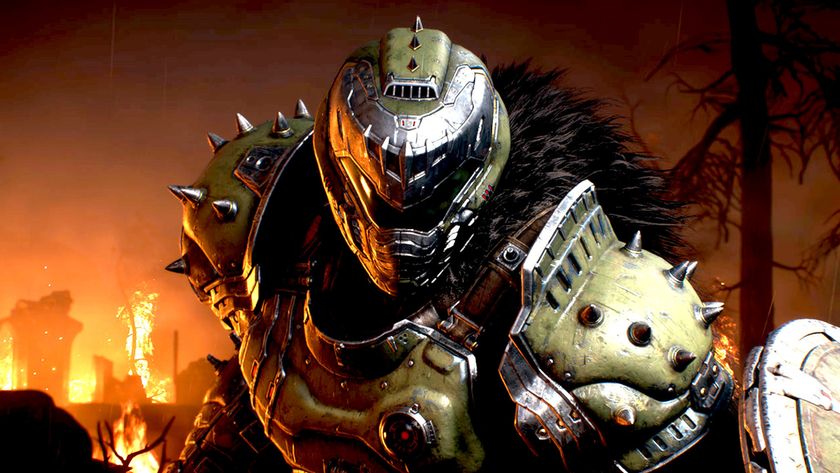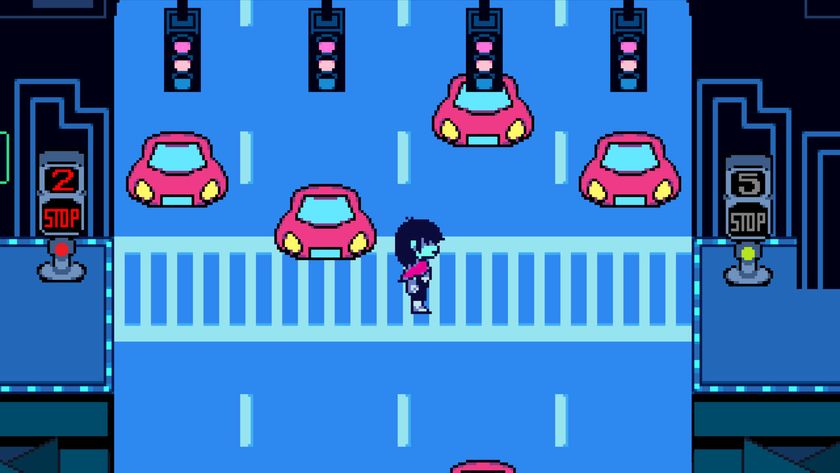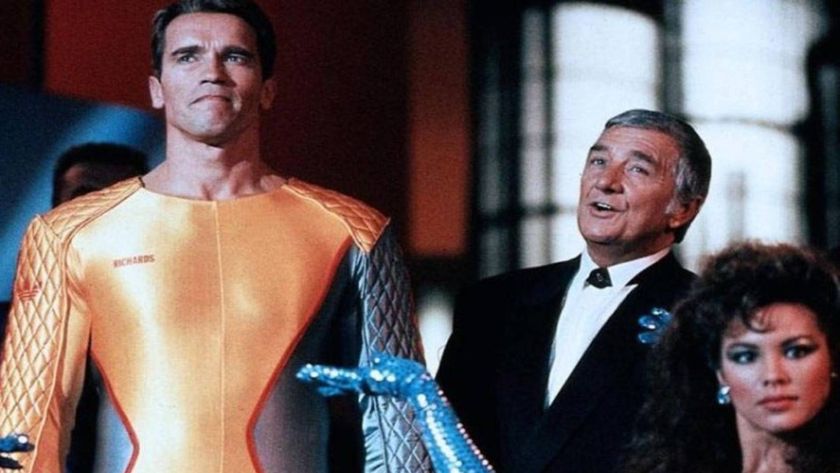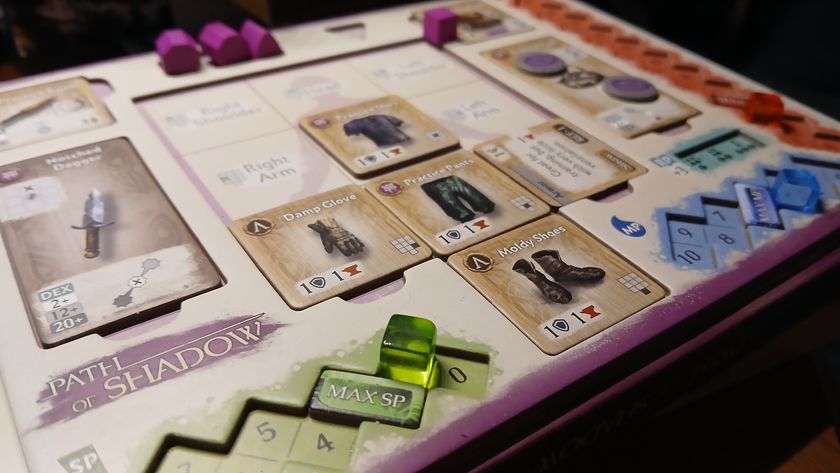Rein: Consoles put a stranglehold on DX10
Consoles will pretty much define what the next five years of games will look like on PC, says Epic VP
Microsoft might be making a song and dance about the advent of DirectX 10 and the new experience it brings to PC gaming, but Epic vice president Mark Rein reckons we won't see it adopted by developers and publishers for several years.
"To be honest, and I'm going to cast a small pall on the industry here, I don't think you're going to get much higher until the next generation of consoles," Rein told us when asked what we can expect from DX 10 beyond what we're seeing in Crysis.
One reason for this, he said, is that the gulf between a high-end PC and a low-end PC is bigger now than it's ever been, and the low-end has been anchored while the high end just gets higher "and it becomes less and less economically viable to do the super high-end stuff."
"And in addition, just now we're just barely coming into the sweet spot of the next-gen consoles... We're at the point where it's viable to ship games on these next-gen consoles and it's going to be a gold mine for a couple of years.”
"Publishers are generally putting their money where the highest return is, and in the past that's been on consoles and I think that's still the case. So if you build the game that's a really super amazing high-end game, how do you make all the money you could make from that game, because it'll be too high end eventually to be on PS3 or Xbox 360."
Rein reckons there are developers who will dabble with DirectX 10 and a couple of PC-only games, or games that their big market is PC, will push the envelope a bit, "But I don't see people going way, way over what these consoles can do because then they can't sell the game.They have to dumb the games down for the consoles. Consoles will pretty much define what the next five years of games look like on the PC," Rein added.
However, he said that what we'll also see from PC games in the meantime is the ability to turn everything up a visual notch.
"That's the value to me of the PC, the source content we have is still really high resolution, much higher than we can show on a 512MB machine. You can use that content on the PC; you can express it in higher resolutions and higher frame rates and turn on more effects. I think that's what you'll see: PC games we turn up higher."
July 30, 2007
Microsoft might be making a song and dance about the advent of DirectX 10 and the new experience it brings to PC gaming, but Epic vice president Mark Rein reckons we won't see it adopted by developers and publishers for several years.
"To be honest, and I'm going to cast a small pall on the industry here, I don't think you're going to get much higher until the next generation of consoles," Rein told us when asked what we can expect from DX 10 beyond what we're seeing in Crysis.
One reason for this, he said, is that the gulf between a high-end PC and a low-end PC is bigger now than it's ever been, and the low-end has been anchored while the high end just gets higher "and it becomes less and less economically viable to do the super high-end stuff."
"And in addition, just now we're just barely coming into the sweet spot of the next-gen consoles... We're at the point where it's viable to ship games on these next-gen consoles and it's going to be a gold mine for a couple of years.”
"Publishers are generally putting their money where the highest return is, and in the past that's been on consoles and I think that's still the case. So if you build the game that's a really super amazing high-end game, how do you make all the money you could make from that game, because it'll be too high end eventually to be on PS3 or Xbox 360."
Rein reckons there are developers who will dabble with DirectX 10 and a couple of PC-only games, or games that their big market is PC, will push the envelope a bit, "But I don't see people going way, way over what these consoles can do because then they can't sell the game.They have to dumb the games down for the consoles. Consoles will pretty much define what the next five years of games look like on the PC," Rein added.
However, he said that what we'll also see from PC games in the meantime is the ability to turn everything up a visual notch.
"That's the value to me of the PC, the source content we have is still really high resolution, much higher than we can show on a 512MB machine. You can use that content on the PC; you can express it in higher resolutions and higher frame rates and turn on more effects. I think that's what you'll see: PC games we turn up higher."
July 30, 2007
Sign up to the 12DOVE Newsletter
Weekly digests, tales from the communities you love, and more
